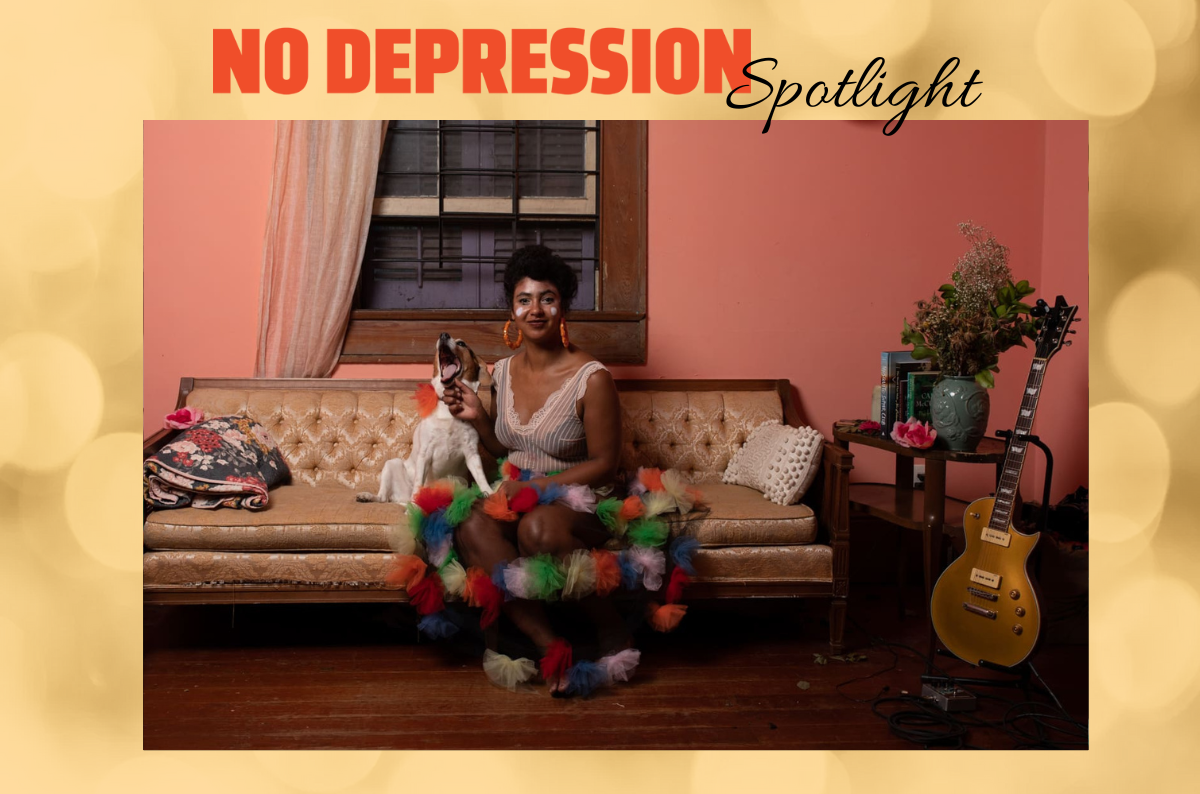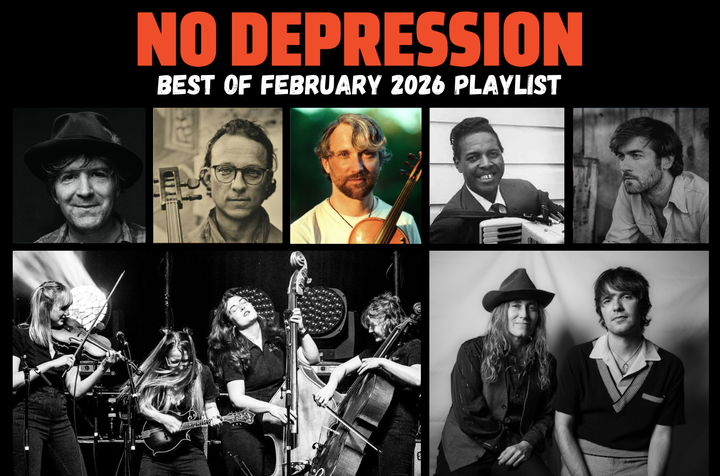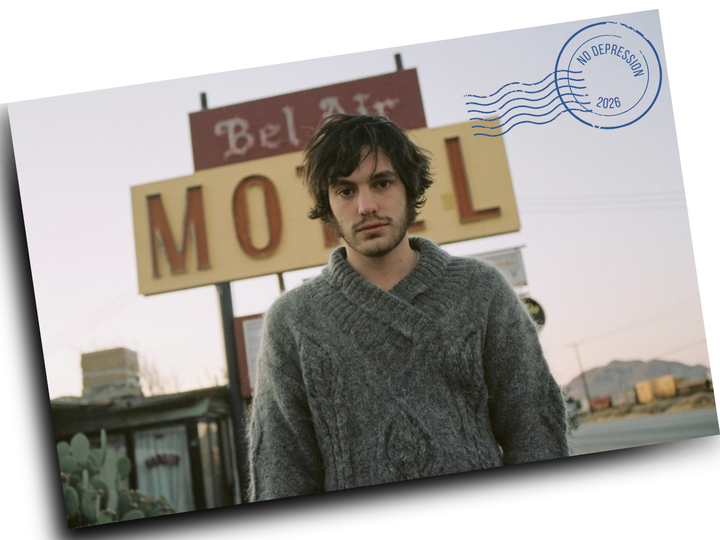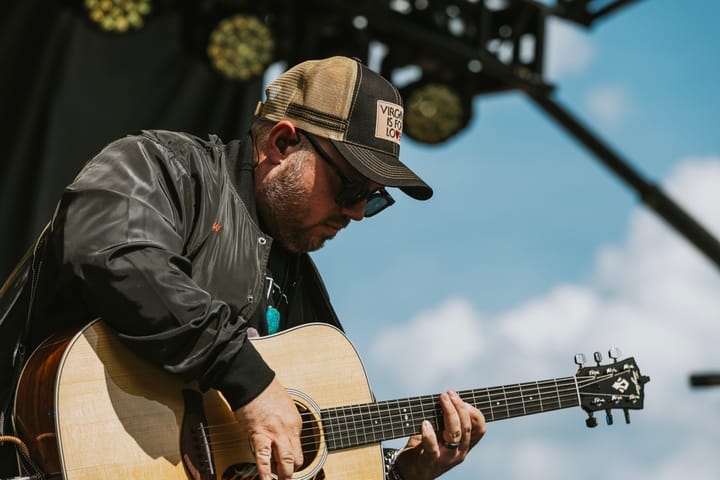Editor's Note: Sabine McCalla, whose debut LP Don’t Call Me Baby came out November 7 via Gar Hole Records, is No Depression's Spotlight Artist for November 2025. Stay tuned for more from McCalla all month long.
New Orleans as artistic muse is hardly a new concept, especially in music. Nearly every song by artists like Dr. John, The Meters, Allen Toussaint, Irma Thomas, and Ernie K-Doe, to name just a few, seems to conjure up the sights, sounds, smells, and characters of the city nestled on a bend in the Mississippi River. With so many songs and timeless artifacts synonymous with New Orleans, conveying a sense of connection and offering an original representation of this place without falling into tropes, traditions, or imitation takes both talent and creative vision. Sabine McCalla, however, has these things in abundance all over her new album, Don’t Call Me Baby.
Released November 7 on Gar Hole Records, the Arkansas label founded by Kurt DeLashmet and folk-activist Nick Shoulders, the album treats McCalla’s adopted city like a character at times. She weaves reflections and meditations that seem like they could only come from this humid, enchanting place. From the moment the album opens with the hypnotic, buoyant, and deliciously catchy “Sunshine Kisses” — with its faint wisp of doo-wop and Brazilian tropicalism with Haitian konè — it offers a musical experience akin to bouncing around Magazine Street on a sunny day or sipping a daiquiri in a French Quarter bar while watching the crowds slowly pass by.
“New Orleans is a character! We’ve been together for 11 years. She always takes me on incredibly romantic dates, beckons me to dance in the streets, and fills my cup with communal love and music. She always inspires me to write her love letters!” says McCalla fondly. “‘Sunshine Kisses’ ends in a beautiful chorus of demanding self-love, and the horns are an ode to my ancestors and reminiscent of New Orleans second lines.”
Even if the title Don’t Call Me Baby seems to allude to a relationship gone awry, love is the theme of the album. It is also perhaps her most realized collection of songs since moving to the city. Compared to the gospel and stripped-down country-blues sound of McCalla’s 2018 debut EP folk, this LP brims with electricity and vibrance as she leans into bigger production, rich harmonies, and songs that are as danceable as they are thoughtful. For McCalla, these songs are the result of mining both her Haitian heritage and musical upbringing, as well as the culture of the city she fell in love with. From the funky party groove of “Louisiana Hound Dog” to the mysterious, smoky, organ-drenched soul of album closer “Lovely Lonely,” she manifests a myriad of musical styles into strikingly original and deeply personal songs.
“I struggled for a long time trying to stay within one genre and finally released myself from the constraints of one definitive sound. I pulled from a lot of different inspirations. On the album, you can hear tropicalism, New Orleans R&B, a classic country tune, and a gospel tune,” says McCalla. “But being that these songs come from the past ten years of living in New Orleans, you can hear all the iterations of my life here — the Sunday morning gospel songs, early blues that I was so drawn to with a fat bass saxophone, the time of the great pause, country nights at St. Roch, and the All-Star Dish Covered Jamboree.”




